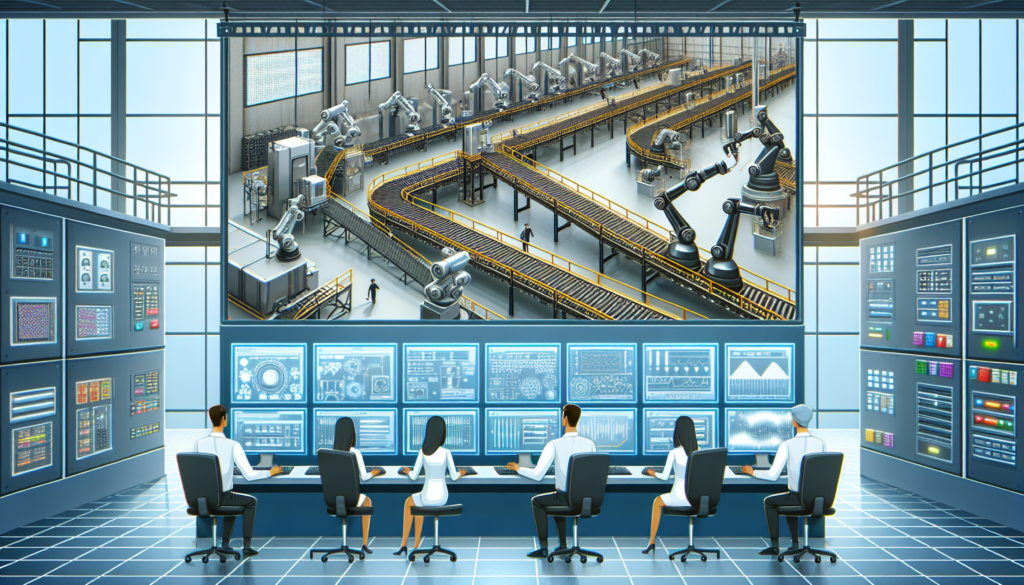Industrial automation is the use of technology to automate and control industrial processes, improving efficiency, productivity, and quality.
It involves integrating various devices, systems, and software to:-
Key Components:
1. Sensors: Monitor process variables (temperature, pressure, flow).
2. Actuators: Control devices (valves, motors, pumps).
3. Controllers: PLCs (Programmable Logic Controllers), DCS (Distributed Control Systems).
4. HMIs (Human-Machine Interfaces): Visualize process data.
5. Software: SCADA (Supervisory Control and Data Acquisition), MES (Manufacturing Execution Systems).
Technologies:–
1. Robotics
2. Machine Learning (ML)
3. Artificial Intelligence (AI)
4. Internet of Things (IoT)
5. Cloud Computing
Applications:
1. Manufacturing (assembly lines, process control)
2. Process industries (chemical, oil and gas, pharmaceuticals)
3. Power generation and distribution
4. Water treatment and wastewater management
5. Transportation systems (automated guided vehicles)
Benefits:
1. Increased efficiency and productivity
2. Improved product quality and consistency
3. Reduced labor costs and errors
4. Enhanced safety and security
5. Optimized energy consumption
Industries Using Industrial Automation:
1. Automotive
2. Aerospace
3. Food and Beverage
4. Textiles5. Pharmaceuticals
6. Oil and Gas7. Chemicals
8. Power Generation
Trends:-
1. Industry 4.0 (Smart Manufacturing)
2. Digital Twin
3. Edge Computing
4. 5G Networks
5. Cybersecurity
Companies:-
1. Siemens
2. Rockwell Automation
3. Schneider Electric
4. ABB
5. Mitsubishi Electric

